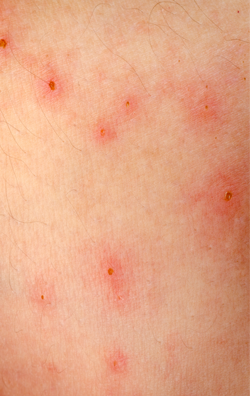
An analysis of more than 15,000 SARS-CoV-2 genomes finds that mutations to the virus do not increase its transmissibility and are instead either neutral or detrimental to its spread. Since the emergence of SARS-CoV-2 in the human population at the end of 2019, the virus has been accumulating mutations in its genetic code, which comprises single-stranded RNA. There have been concerns that some of these mutations could increase the transmissibility of the virus — that is, its ability to spread between people. Researchers at the University College London (UCL) Genetics Institute in the United Kingdom have now analysed the genomes of over 15,000 SARS-CoV-2 samples. These came from people from 75 different countries. They found that none of the recurrent mutations show any evidence of increasing viral transmissibility. Most seem to have a neutral or slightly detrimental effect on the virus.
(Credits: www.medicalnewstoday.com)





